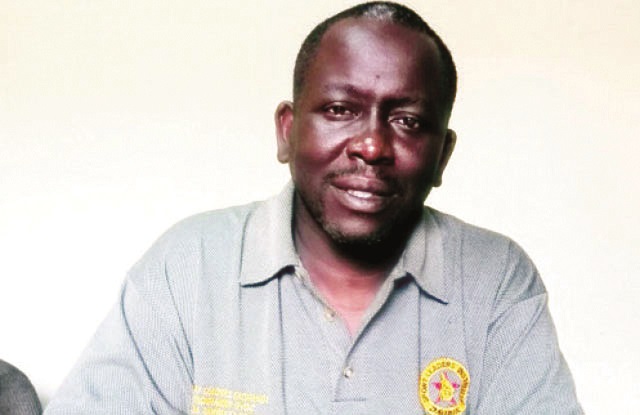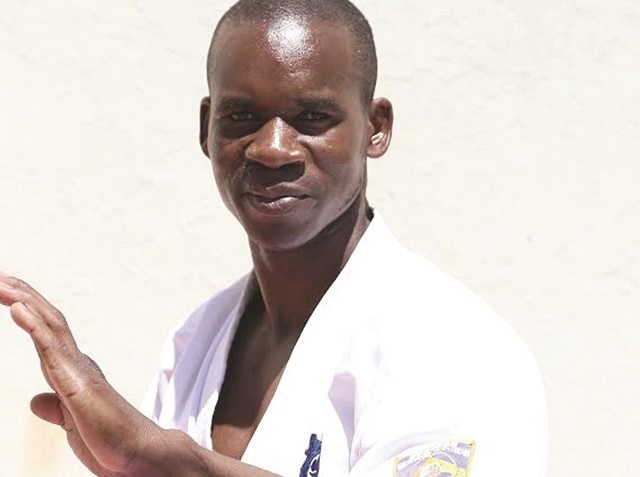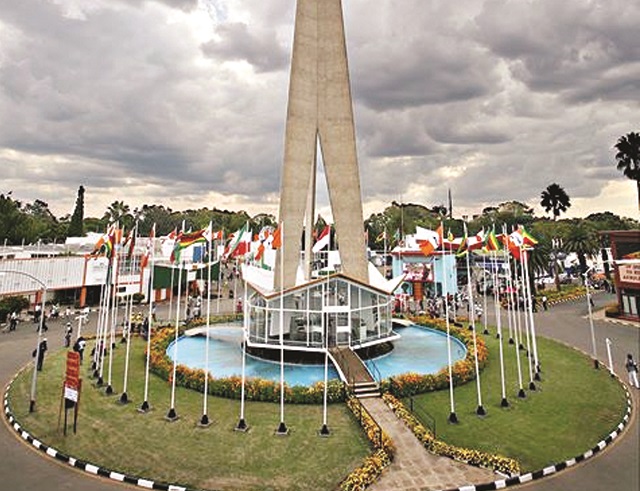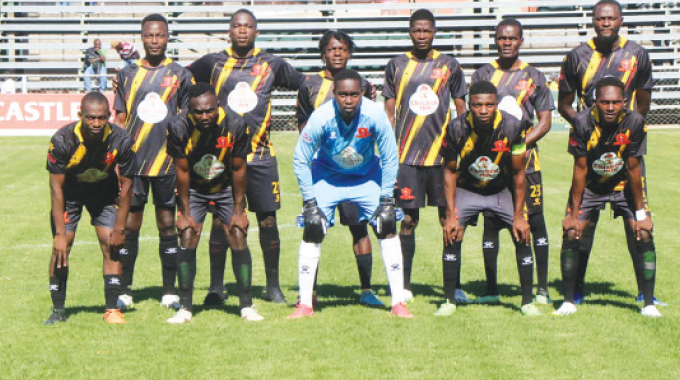Tertiary institutions urged to revamp sport facilities

Ricky Zililo, Senior Sports Reporter
SPORTS administrators believe underutilised sporting facilities at higher and tertiary institutions could be used as a springboard for talent development.
Speaking at the Sports Leaders’ Institute of Zimbabwe (Sliz) Higher and Tertiary Education Autumn Sports Management Camp held in Kariba last week, Tawanda Hove challenged the institutions to revamp their sporting facilities and make the most out of them.
He challenged participants, who included tertiary institutions’ decision makers, such as principals, vice-principals, deans of students and heads of sports departments, to return to their bases and clamour for refurbishment of dilapidating sports infrastructure.
Hove was presenting a paper on sports facility management.
He said well-maintained facilities attract the community and institutions can charge the community for using those facilities and use the funds for maintenance and upgrading them or hiring qualified coaches.
“Most tertiary institutions have the right installations, but they are in a poor state because of lack of maintenance. If they are brought up to a proper state, they can be a springboard for talent development. We will be able to raise funds to use for maintenance or even pay coaches. This will enhance athletes’ development both short term and long term,” said Hove.
“Sports facility management is an area that is largely neglected, but if properly managed, our sports facilities will benefit organisations that have them. Sports facility management involves planning for use of the facilities and planning on maintenance.
“It is important for organisations to manage the facilities they have. If not properly maintained, facilities may become unsafe for users and nowadays it can result in litigation if a player or student is injured using the facility.
“Maintenance of sports facilities ensures that it lasts longer. A properly managed facility gives a player, team or spectators a lasting impression. Nobody wants to play sport in a facility that is not in a good state. Nobody wants to play rugby on a dry surface,” he said.
He noted that most institutions preferred the costly reactive maintenance route instead of either predictive or preventive maintenance.
Sliz president Russell Mhiribidi said: “The problem is that people want to always go for new things instead of revamping and maintaining the facilities that they have. Tertiary and higher education institutions are capable of playing a big role in terms of sport development in the country by even turning some of them into High Performance Centres. The infrastructure is there; what is needed is to ensure it’s used productively.”
Banny Manokora from the National Association of School Development Committees (NASDAC) said Zimbabwe is capable of having a vibrant sports industry.
“Government must play a more pivotal role to ensure and accept that sport is an industry.
“The sports industry has to be supported by relevant legislative framework. It’s important to put up systems and structures in place to support a meaningful sports industry,” said Manokora.
“If you look at the productive structure of the economic side, we have systems in place that can attract investors to come and do business in Zimbabwe.
“Once the sports industry is accepted, there’s nothing stopping organisations like Zifa to borrow money and recapitalise as long as it creates business returns for financial institutions and associations.” — @ZililoR











Comments